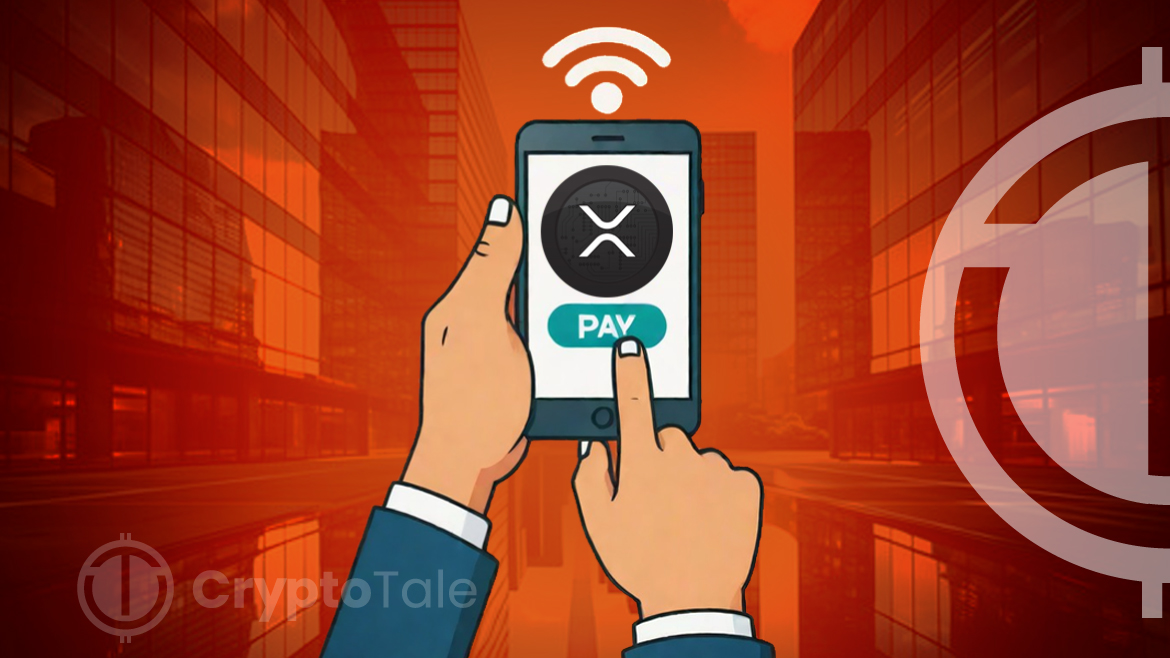
MackAttackXRP, a prominent figure in the cryptocurrency sphere, recently highlighted the transformative impact of blockchain technology on cashless payment systems. In line with his insights, Ripple’s recent blog post delves into the potential obsolescence of physical currency, showcasing how blockchain is revolutionizing the financial landscape.
As digital transactions surge in popularity worldwide, blockchain emerges as a key player in revolutionizing the way financial transactions are conducted. Amidst this evolution, XRP bulls are eyeing their next move, navigating through market fluctuations with a keen focus on long-term objectives.
With XRP revisiting the “Bouncy-Bounce” Range, as depicted in the latest chart analysis, the next steps for the bulls carry significant weight, as highlighted by Egrag Crypto. They must strategically maneuver, aiming for a rebound from current levels or bracing for a potential revisit of the Fib 0.382 level ($0.60).
Despite experiencing fluctuations, with the current trading price standing at $0.6232, the XRPArmy stands firm. They stress the significance of maintaining perspective amidst minor market shifts while anticipating substantial price surges.
Amidst these market dynamics, the global shift towards cashless transactions accelerates, bolstered by advancements in technology and shifting consumer preferences. The rise of smartphones, electronic payment systems, and digital wallets has played a pivotal role in driving the adoption of cashless payments. Additionally, the COVID-19 pandemic served as a catalyst, amplifying the demand for touchless payment methods and accelerating the transition away from physical cash.
However, challenges persist in the widespread adoption of digital payments. Economic disparities, internet connectivity issues, and concerns regarding privacy and security pose hurdles to achieving universal acceptance. Furthermore, regulatory frameworks require refinement to address issues such as interchange fees and consumer protection adequately.
In this landscape, blockchain technology emerges as a transformative force, offering solutions to overcome existing challenges. Its decentralized nature enables faster, cheaper, and more transparent cross-border transactions, revolutionizing the financial industry. Moreover, blockchain facilitates the integration of digital currencies into mainstream commerce, with businesses increasingly accepting cryptocurrencies as a viable payment option.
Governments and central banks worldwide recognize the potential of blockchain and digital currencies in modernizing financial systems. By exploring initiatives such as Central Bank Digital Currencies (CBDCs), authorities seek to enhance financial inclusion, streamline operations, and combat illegal activities facilitated by anonymous cash transactions.
Looking ahead, advancements in technology, including artificial intelligence and machine learning, promise to streamline cashless payments further. From public transportation to everyday purchases, the integration of cashless payment systems offers unparalleled convenience and efficiency.














